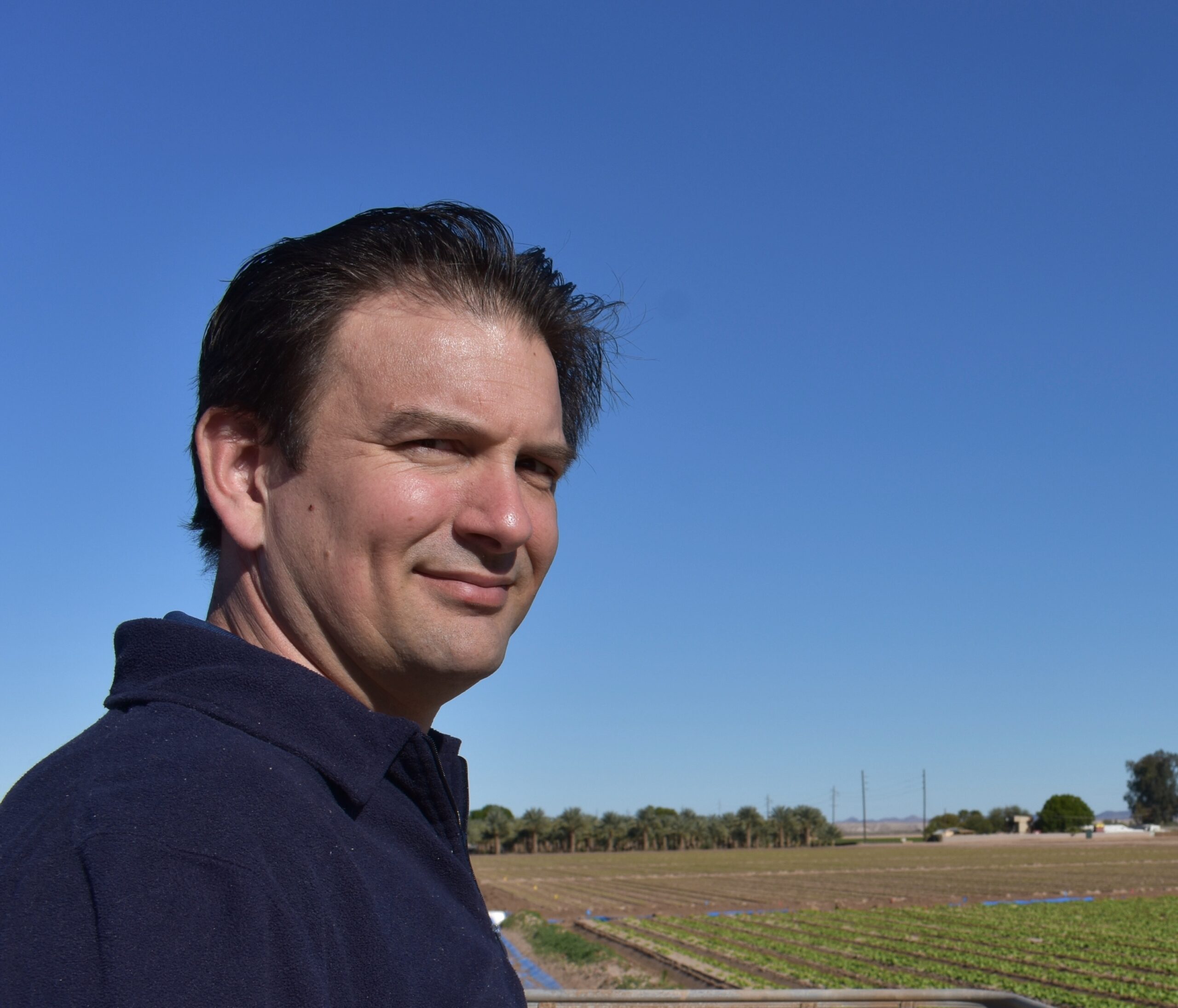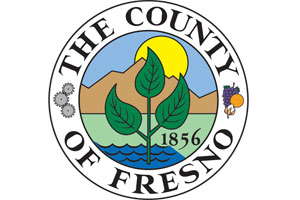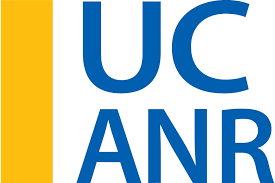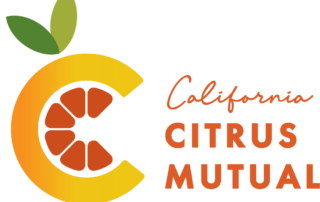UC Davis Doctoral Candidate Wins Major Leadership Award
UC Davis doctoral candidate Mia Kanako Lippey, described as a “leader extraordinaire and an awe-inspiring entomologist who not only excels in leadership, but in research, academics, public service, science communication, computer programming, and scientific illustrations,” received the 2025 Student Leadership Award from the Pacific Branch, Entomological Society of America (PBESA).
The award recognizes a Pacific Branch entomology student (undergraduate or graduate) “for outstanding leadership in his/her department, university, community, and professional societies, while still achieving academic excellence.” Lippey received award at the PBESA’s annual meeting, which ended April 2 in Salt Lake City, Utah.
Lippey studies with UC Davis distinguished professor emeritus Jay Rosenheim, an insect biologist, and assistant professor Emily Meineke, an urban landscape entomologist. In her research, Lippey explores plant-insect interactions in agricultural and urban environments and the impact that global change has on these relationships. She recently received a 2024 USDA AFRI NIFA Predoctoral Fellowship of $120,000. (NIFA is the National Institute of Food and Agriculture and AFRI is the Agriculture and Food Research Initiative.)
At the 2024 ESA meeting in Phoenix, Lippey won a President’s Prize for her outstanding research presentation on “A Big Data Approach to Characterizing Impacts of Climate Warming on Agricultural Arthropod Populations” in the Plant-Ecosystems, Biocontrol Category.
She holds a 4.0 GPA and anticipates receiving her doctorate in June 2025. She received her bachelor’s degree in entomology at UC Davis in 2019 with high honors.
Lippey is a past president (2023-24) of the Entomology Graduate Student Association (EGSA). Since 2023, she has served as the student representative of the department’s Diversity, Equity and Inclusion (DEI) Committee, creating systems to improve communication between students and faculty. She led a DEI teaching seminar focused on a holistic and inclusive approaches for mentoring underrepresented students.
Her activities include leading an Ecological and Evolutionary Response to Rapid Environmental Changes Program; and co-leading a UC Davis STEM Squad outreach program for middle and high school students in the Yolo County area. She engaged the students by creating hands-on activities, focusing on entomological research through insect collection and curation. Lippey has also led STEM projects, encouraging and guiding underrepresented students to seek careers in science, technology, engineering and mathematics; and assisting them with career explorations, job searches, networking, resumes and cover letters.
Lippey is active in both the Entomological Society of America and the Ecological Society of America. She organized an Ecological Society session on effectively communicating climate change and sustainable agriculture to policy makers. “This level of involvement is relatively unusual for a graduate student and is a testament to Mia’s leadership qualities outside of the lab as well,” said Sara Emery, formerly of the Emily Meineke lab and now an assistant professor at Cornell.
In other leadership and mentoring activities, Lippey led a graduate student seminar on agricultural entomology and ecology, zeroing in on traditional ecological knowledge. She created a course syllabus and led weekly discussions. Her titles also include teaching assistant and research mentor: she mentored two undergraduate researchers in the UC Davis Research Scholars Program in Insect Biology, training mentees in GIS skills, R programming and statistical methods.
As a volunteer at the California Academy of Sciences, Lippey identified and curated donated collections and built entomological displays for outreach and education. Her experience also includes work as a junior specialist and scientific illustrator for the USDA Animal and Plant Health Insect Service (APHIS); and a UX designer at Dolby Laboratories, where she developed professional audio software and designed icon libraries and high-fidelity graphics.
Powerful Advocate for Other Graduate Students
Her professors and colleagues describe her as:
- “An exceptional and beloved peer within the entomology graduate students at UC Davis”
- “An advocate for her fellow students, a constant supporter of their success, and is heavily involved with the Entomology community.”
- “A careful and powerful advocate for other graduate students in the group.”
- “An excellent entomologist” and “an excellent communicator”
- “A thoughtful, creative, and intentional leader in our community. In serving with her on the DEI committee in the department, I have been deeply impressed with the creativity and intentionality she brings to her work.”
- “An outstanding scientist whose non-traditional path in academia shape her inquisitiveness in ways that clarify the complex effects of climate change on insects. Her ability to reconceptualize accepted ideas and challenge old theories based on new evidence is inspirational.”
- “Highly collaborative”
- “Creative, curious and ambitious entomologist”
- “A kind, caring and joyous person who is beloved by the Meineke lab and her Davis community.”
- “Ambitious in a way that doesn’t knock others down, but rather allows them to thrive, too.”
“Mia has vaulted off to an exceptional start to her career, having led research across diverse contexts, proven herself an outstanding mentor and teacher, and taken on far more service than would be expected for any student,” a faculty member said. “Indeed, Mia has already published 5 peer-reviewed papers and one book chapter, won prestigious fellowships (e.g., the USDA NIFA Predoctoral Fellowship), presented her work at multiple conferences, and attained important leadership positions. This is truly amazing for a PhD student!”
PBESA encompasses 11 Western states, plus parts of Canada and Mexico, and U.S. territories.
Doctoral candidate Mia Lippey















